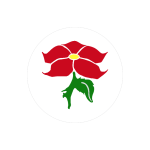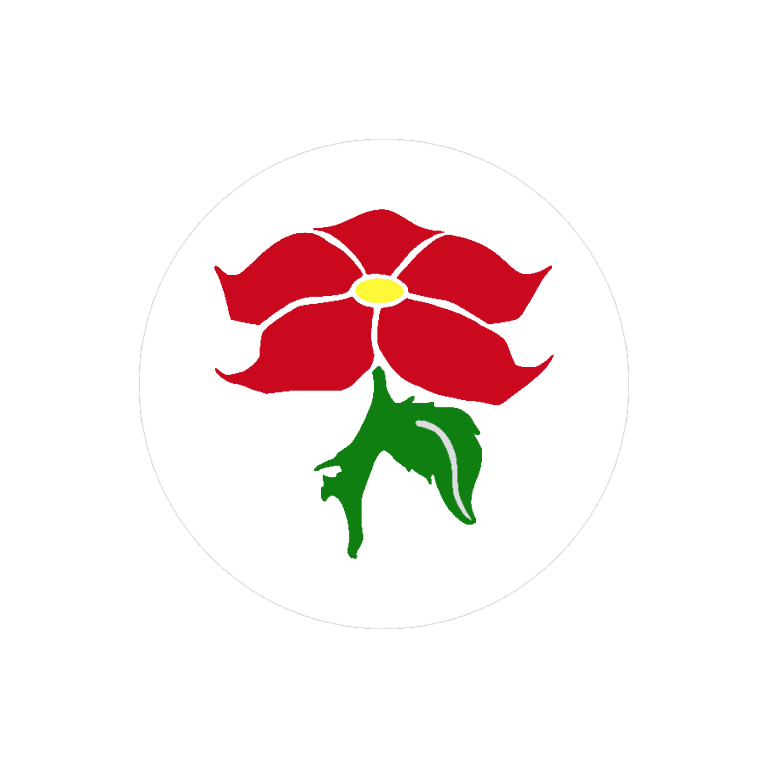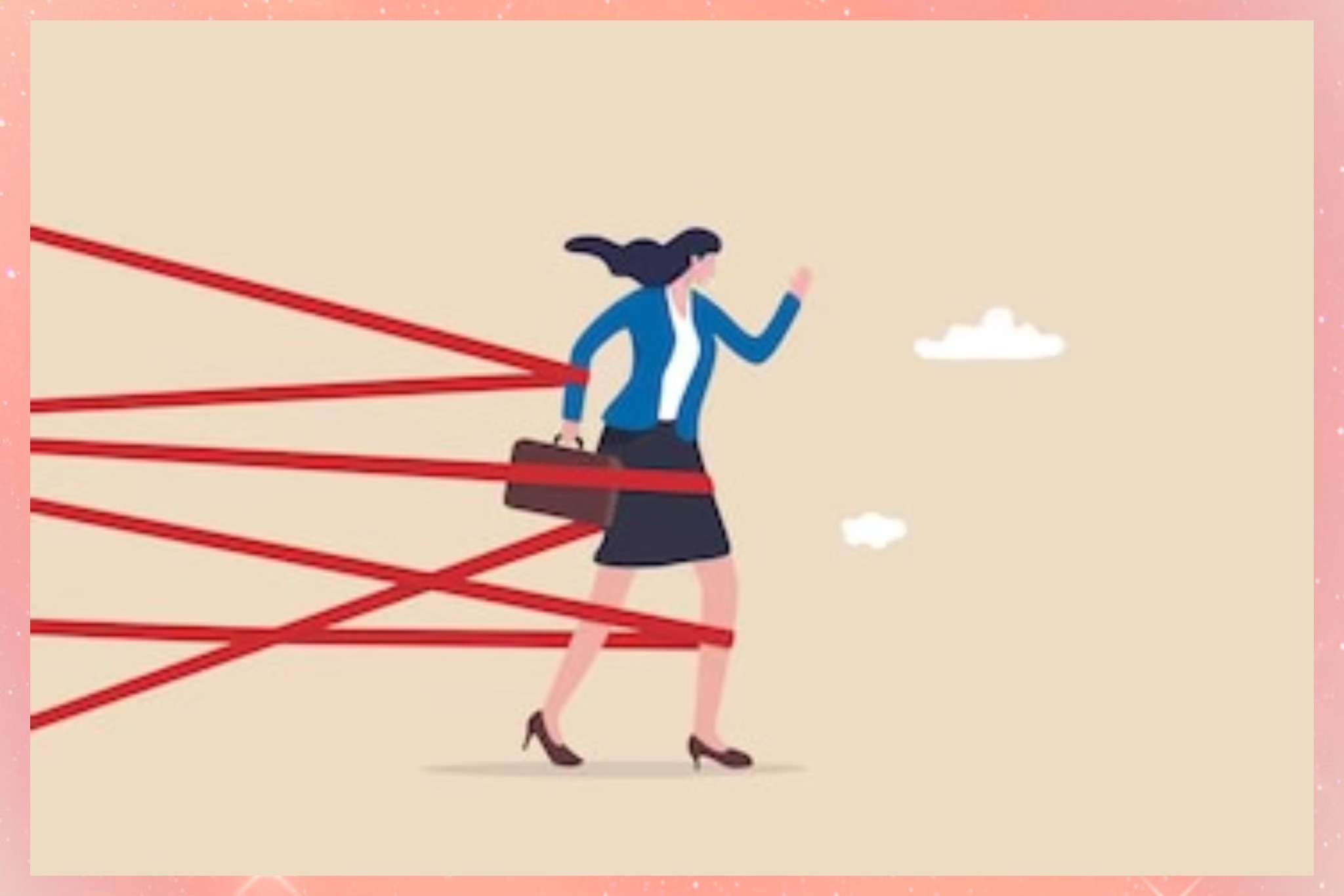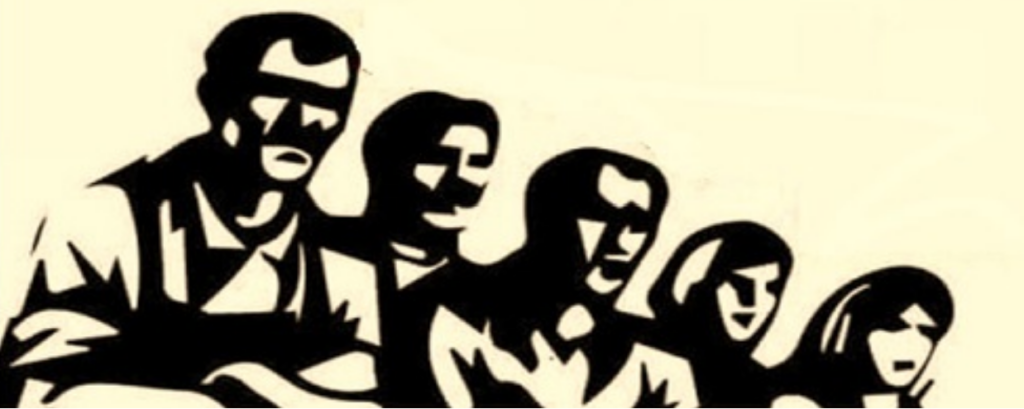The situation of women in Iran and their struggle against different kinds of discriminations
The situation of women in Iran and their struggle against different kinds of discriminations The Women’s Working Group of the Organization of Iranian People’s Fedaian (Majority)
The very first basic rights of Iranian women have been violated for ages, especially during the last four decades, whether by the government relying on religious laws, or because of the patriarchy reactionary traditions. Iranian women have been suffering from all kinds of discrimination, oppression and killing. Women have been struggling to reclaim their rights, to gain social justice, freedom and decent human rights for more than a hundred and fifty years. They have always fought for the rights of citizens both collectively and individually. The movement of “Women, Life, Freedom” which has been flourished in the last two years is the fruit of women activism. This time, unlike the past movements, women were the agents of changes and they are still at the core of the struggles with the main slogan of ”Women, Life,
Freedom”, they do not play any subordinate marginal roles to support other social groups.
Although the movement has apparently subsided, it has had certain impacts on society. The new generation who has been brought up in the middle-class families is searching for their individual rights and freedom. In fact, this generation has developed the democratic values in the middle-class families through its own lifestyle, and at the same time challenged the dominated system and the ones who support it by keeping on struggling to obtain what it is after.
Mandatory hijab is a more visible and tangible symbol of discrimination, violence and oppression that women deal with every day and are humiliated. Although the protest against the mandatory hijab is the most tangible manifestation of discrimination and violence, it is not the only violence that women protest against. Many girls and women have been subjected to all kinds of violence for a long time, especially domestic violence, often by their family members or men of their relatives. They have suffered serious injuries, including murder, being forced to commit suicide or run away from home both directly and indirectly.
the status of women in the society and their presence in different social, political and economic fields of that country is considered as one of the important indicators to measure the progress and development of each country. The annual report of the World Bank (2024) regarding the gender gap shows that Iranian women rank 143 in the gender gap index and rank 144 in the index of inequality in economic participation, at the bottom of the table. It is near the end. The number of female students is 61% of the total student population of the country. However, this increase in Universities and their significant progress are not accompanied by presence in other social fields, including economy and politics. In the Islamic Republic, except for two cases, women have not entered the ministry.
Poverty is a problem that has always affected women. Women have always been more exposed to poverty than men. Gender inequality devalues women’s work and makes their position unequal compared to men. Low wages, lack of decent work, unpaid care work and longer working hours are examples of gender inequality in work and has a close relationship with women’s poverty and the cycle of production and reproduction of poverty.
The problem of child marriage is the result of cultural and economic poverty, and the rule of political religion provides and intensifies its legal basis These girls are exposed to many psychological, physical and social harms, and as a result, they are remarkably prevented from acquiring skills, knowledge and ability required to enter the labor market.
Every effort made to prevent violence against women and gender inequality is a step towards a safer, more equal and more prosperous world. Women want their rightful place, elimination of discrimination, violence and oppressive which are as obstacles to their progress. The goals of gender equality and women’s freedom are regarded as basic human rights, so securing, guaranteeing and stabilizing them can only be acquired in a democratic society.









